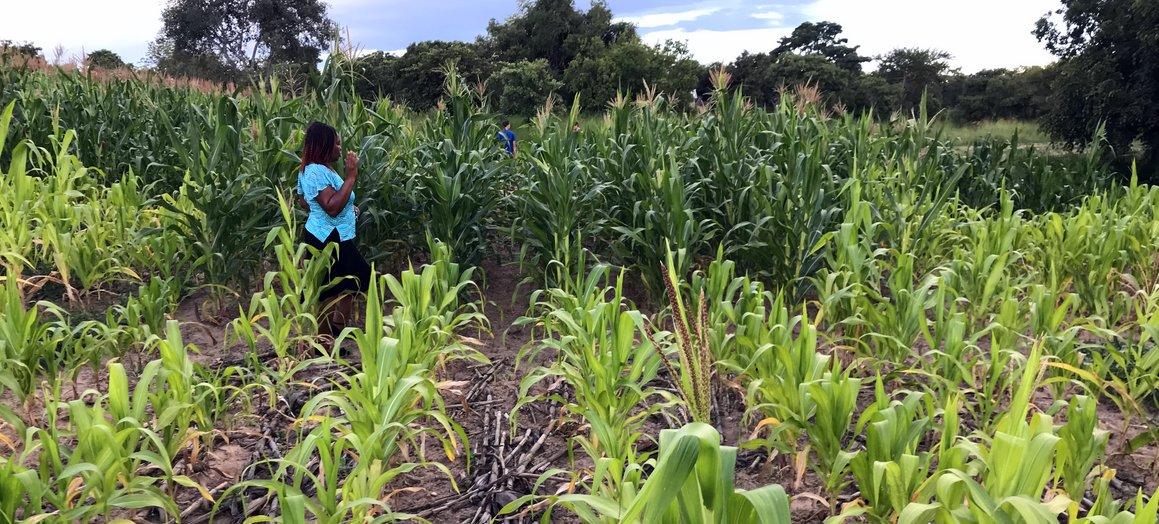The answer is no, according to a team of agronomists who have published an in-depth analysis of 150 scientific articles on annual crops (maize, sorghum, millet, rice, cassava, etc.) and tropical legumes, both annual grain legumes (cowpea, groundnut) and legume trees (acacia, sesbania) in tropical environments.
These publications collate 50 years of knowledge on nutrient balances in sub-Saharan Africa, biological nitrogen fixation by tropical legumes, manure use in smallholder farming systems and the environmental impact of mineral fertilizer.
The article highlights five reasons why more mineral fertilizer is needed in sub-Saharan Africa:
- Farming systems are characterized by very low mineral fertilizer use, widespread mixed crop-livestock systems, and significant crop diversity, including legumes. Inputs of mineral elements to crops by farmers are insufficient, resulting in a widespread decline in soil fertility due to soil nutrient mining.
- The nitrogen requirements of crops cannot be met solely through biological nitrogen fixation by legumes and manure recycling. Legumes can only fix atmospheric nitrogen if symbiosis with soil bacteria functions correctly, which requires absorption of different mineral elements by the plant. Ken Giller of Wageningen University, highlights that the ability of legumes to capture nitrogen from the air through their symbiosis with rhizobium bacteria is a fantastic opportunity for smallholder farmers, “but the amounts on nitrogen fixed are very small unless other nutrients such as phosphorus are supplied through fertilizers”.
- Phosphorus and potassium are often the main limiting factors of the functioning of plants and living organisms, including symbiotic bacteria: if there is not enough phosphorus and potassium in soils, then there is no nitrogen fixation. These nutrient elements, phosphorus, potassium and micro-elements, need to be provided by fertilizers, since they cannot be provided by legumes, which draw these elements directly from the soil. In the case of manure, this is simply a transfer from grazing areas to cultivated areas, which gradually reduces fertility in grazing areas.
- If used appropriately, mineral fertilizers have little impact on the environment. The greenhouse gas emissions linked to nitrogen fertilizer use can be controlled through a balanced and efficient application. In addition, mineral fertilizers can be produced more efficiently in order to reduce the impact of their production on greenhouse gas emissions, keeping in mind that this impact is low, at around 1% of total anthropogenic emissions.
- Further reducing mineral fertilizer use in SSA would hamper productivity gains and would contribute directly to increasing food insecurity and indirectly to agricultural expansion and deforestation. Producing for a population that will double by 2050 is likely to require the use of more agricultural land. An extensive strategy thus harms biodiversity and contributes to increasing greenhouse gas emissions, contrary to an agroecological intensification strategy combined with efficient and moderate mineral fertilizer use.
Related:
Beyond Pesticides, October 24, 2023) Sub-Saharan Africa, often celebrated for its rich cultural diversity and stunning landscapes, is also home to a growing crisis beneath its surface – the depletion of its ancient soils.
https://beyondpesticides.org/dailynewsblog/2023/10/depleted-soils-and-petrochemical-fertilizers-destabilize-africa-and-globe/


No comments:
Post a Comment